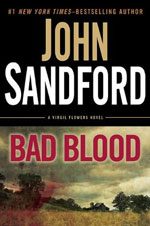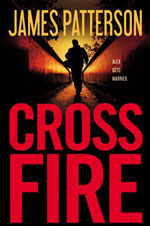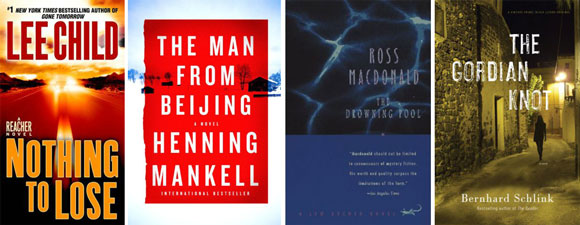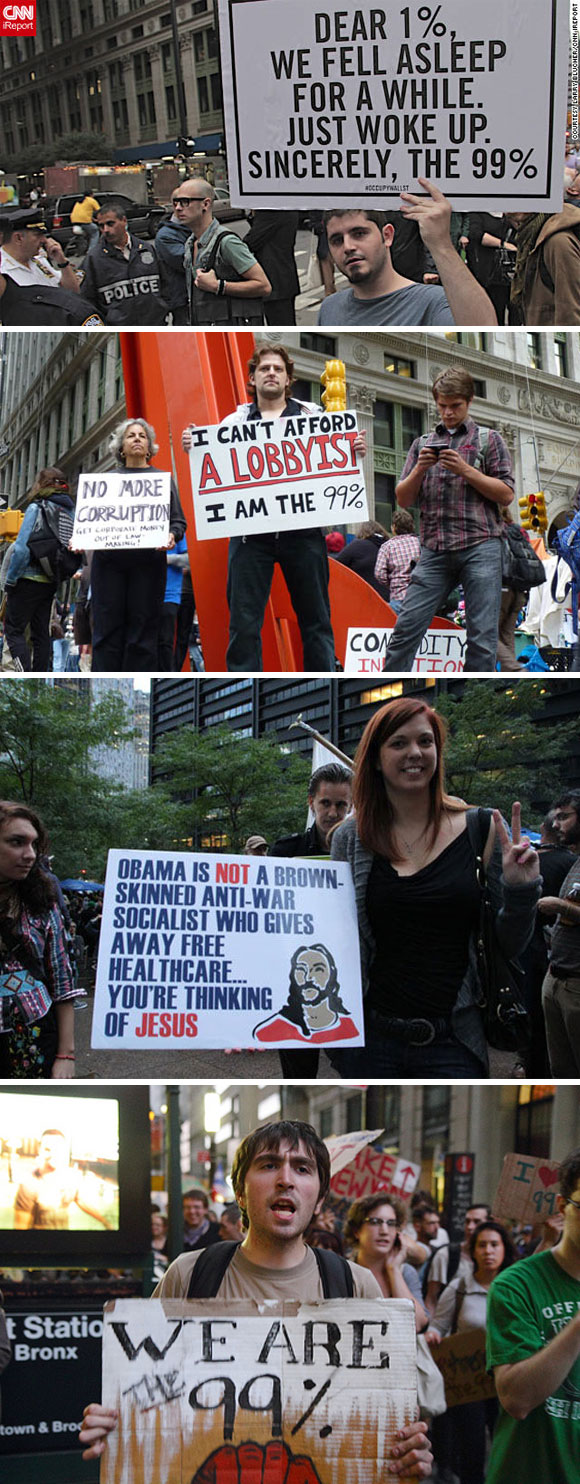
L-r: Katie Curic, Scott Pelley, Brian Williams, and Diane Sawyer.
I’ve always been a student of the news. Though I trained in college as a journalist, I’ve spent my career in institutional communications, which real reporters view as the refuge of compromisers, the Dark Side. But I’ve always maintained my fascination with the mainstream, hard-news media. I dropped my subscriptions to Columbia Journalism Review and Washington Journalism Review years ago, but still do plenty of reading and critical observing of the men and women who bring us the news.
People don’t like hearing this, but the best day-in and day-out reporting still occurs on the 3 network evening news shows–CBS, NBC, and ABC. Those shows are the most objective, and they cover a broad range of subjects.
I know, the right-wing pundits tell you that anything but FoxNews is the “liberal media” and shouldn’t be listened to. The Faithful are only permitted to listen to FoxNews. But I say rubbish. I far prefer the evening news shows. They easily deliver the most consistent high-quality journalism. But only for 30 minutes.
Brett Baier at FoxNews is okay, but it’s clearly a politically partisan show, not serious news. CNN’s Wolf Blitzer–sorry, I just can’t stomach him. Fingernails on blackboard stuff. And MSNBC doesn’t even try to do an evening news show, instead starting early with their partisan yokels, whom I find unwatchable.
But from 6:30-7:00, if I’m home, I’m watching the Big Three networks. Good, solid reporting.
I’m a big Brian Williams fan, more so than I was a fan of Tom Brokaw. But lately, I’ve developed quite a taste for Scott Pelley, who this year replaced Katie Curic on the CBS Evening News.
Now, I think Katie Curic got a raw deal from viewers. I, personally, didn’t care for her general style and didn’t watch her show much. But they did some creative, solid stuff under her leadership. I remember one marvelous report which showed the affects of the economic slowdown rippling through one community.
Katie was a competent anchor. But coming from the morning shows, people viewed her as light-weight and never really gave her a chance. Plus, she may have been too much of a change in a time-slot where people may prefer sameness. You can probably put me in that category. As I said, I didn’t care for her general style, though my greater problem was with the shallow pool of seasoned reporters. CBS’s once-exceptional line-up of reporters has been decimated in recent years. But Katie was a much better anchor than people gave her credit for. I think a lot of the perception was just pure sexism. But in the end, she wasn’t pulling in the ratings, and the evening news is a business. She had to go.
Scott Pelley, who earned his reporting cred on 60 minutes, brings a whole different style. He comes across as very serious–a bit Dan Ratherish, but not Rather’s strained way which made me grimace. You just feel like Pelley’s giving you the day’s stories in an objective package without trying to entertain or condescend. I like that. More and more, I find myself dwelling on CBS. Plus, Pelley can always draw on the ace reporters at 60 Minutes.
Diane Sawyer is solid, too. But ABC is clearly chumming with the entertainment division. Sawyer landed interviews with Gabby Giffords and Jaycee Dugard, and is the anchor most likely to nab Casey Anthony, Amanda Knox, and that ilk. Not my cup of tea. But hey, it’s good for your ratings.
My preference is still NBC, but more because of the depth of their bench–Richard Engel (the premier war correspondent), Andrea Mitchell (the best Rolodex in town), Chuck Todd, David Gregory, Jim Miklawszewski (Mr. Pentagon), Kelly O’Donnell, Nancy Snyderman, Lisa Myers, and many others. It’s an unbeatable team. And Brian Williams, though he plays it straight on the evening news, is as funny as they come when you get him on the Daily Show or other platforms.
But watch out–Pelley’s on the hunt.
 Bad Blood, by John Sanford (2010).
Bad Blood, by John Sanford (2010).  Cross Fire, by James Patterson (2010)
Cross Fire, by James Patterson (2010)









